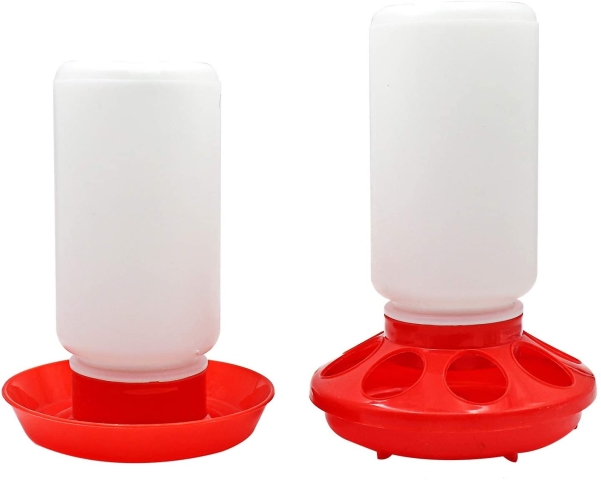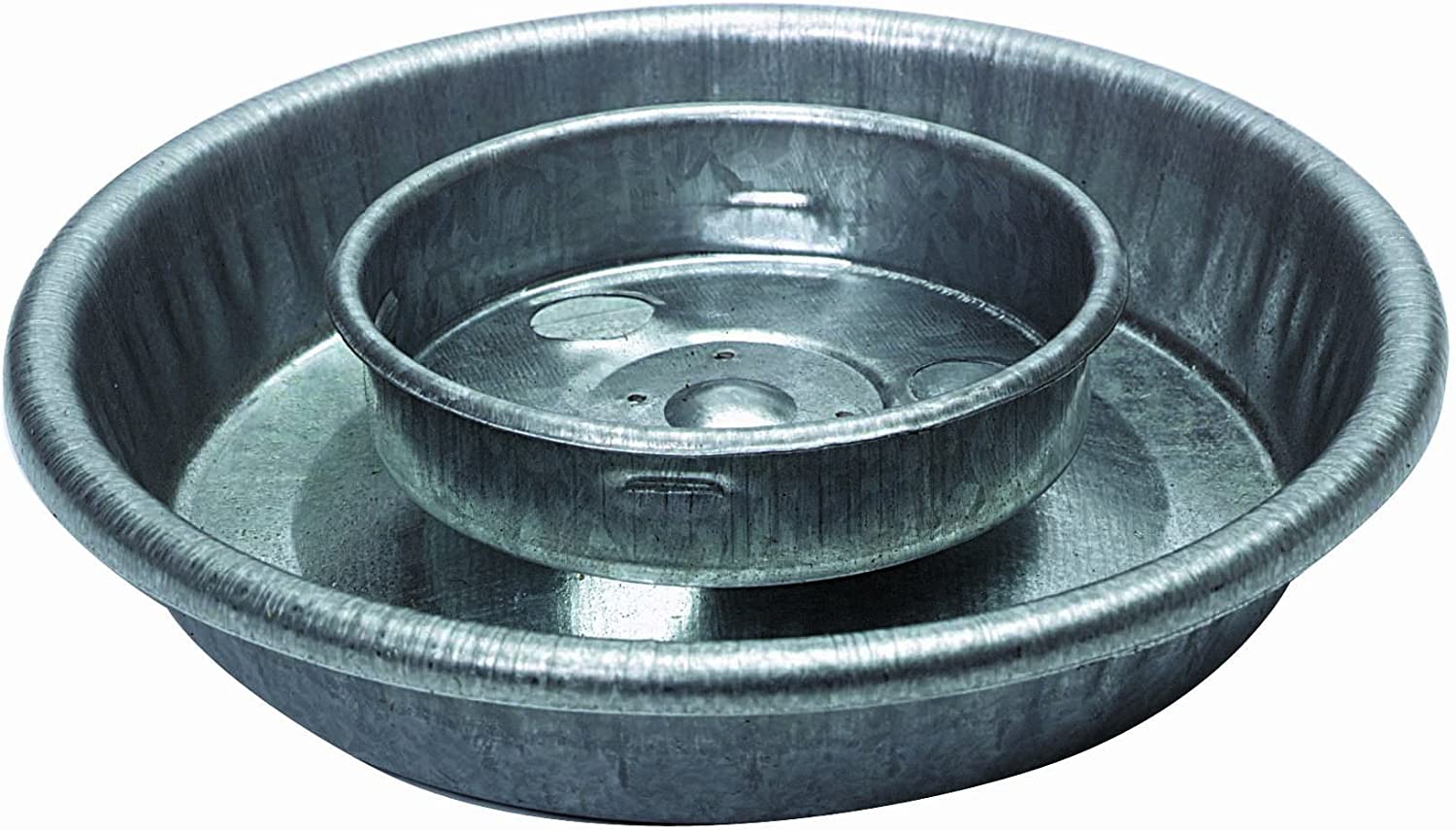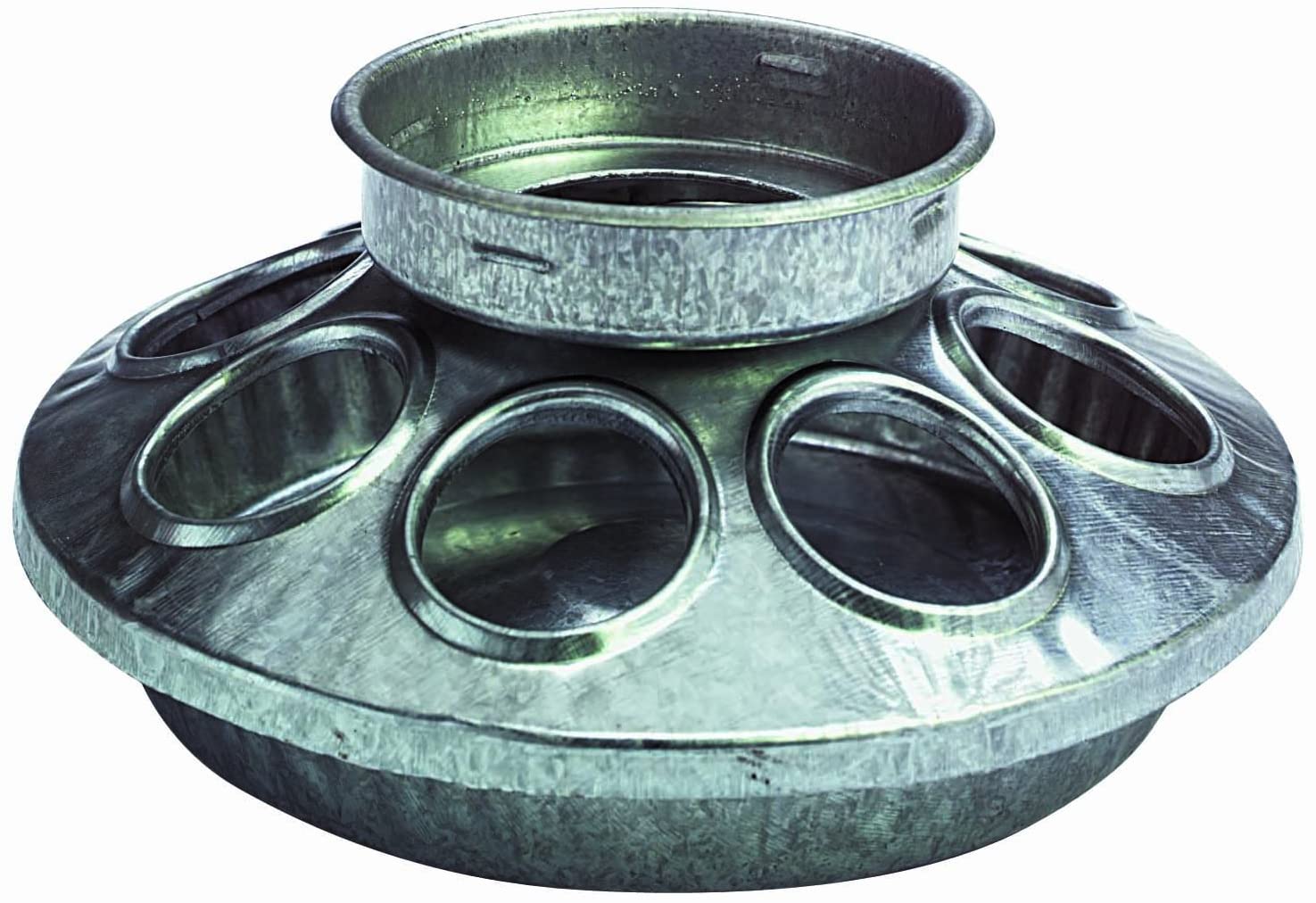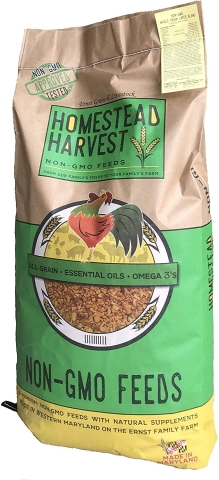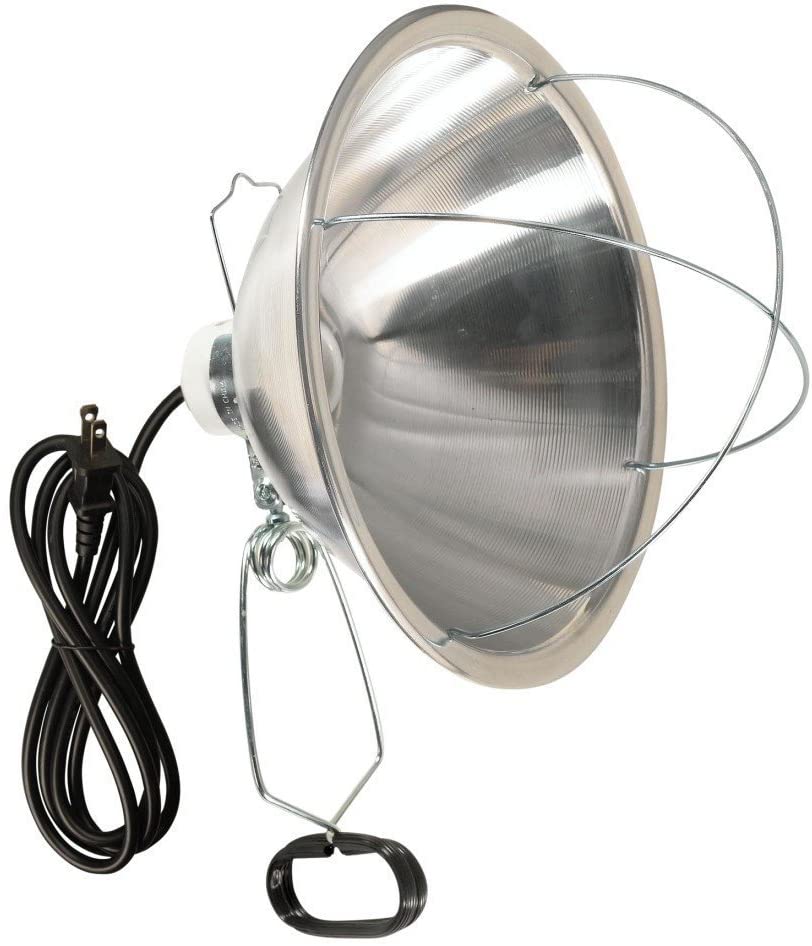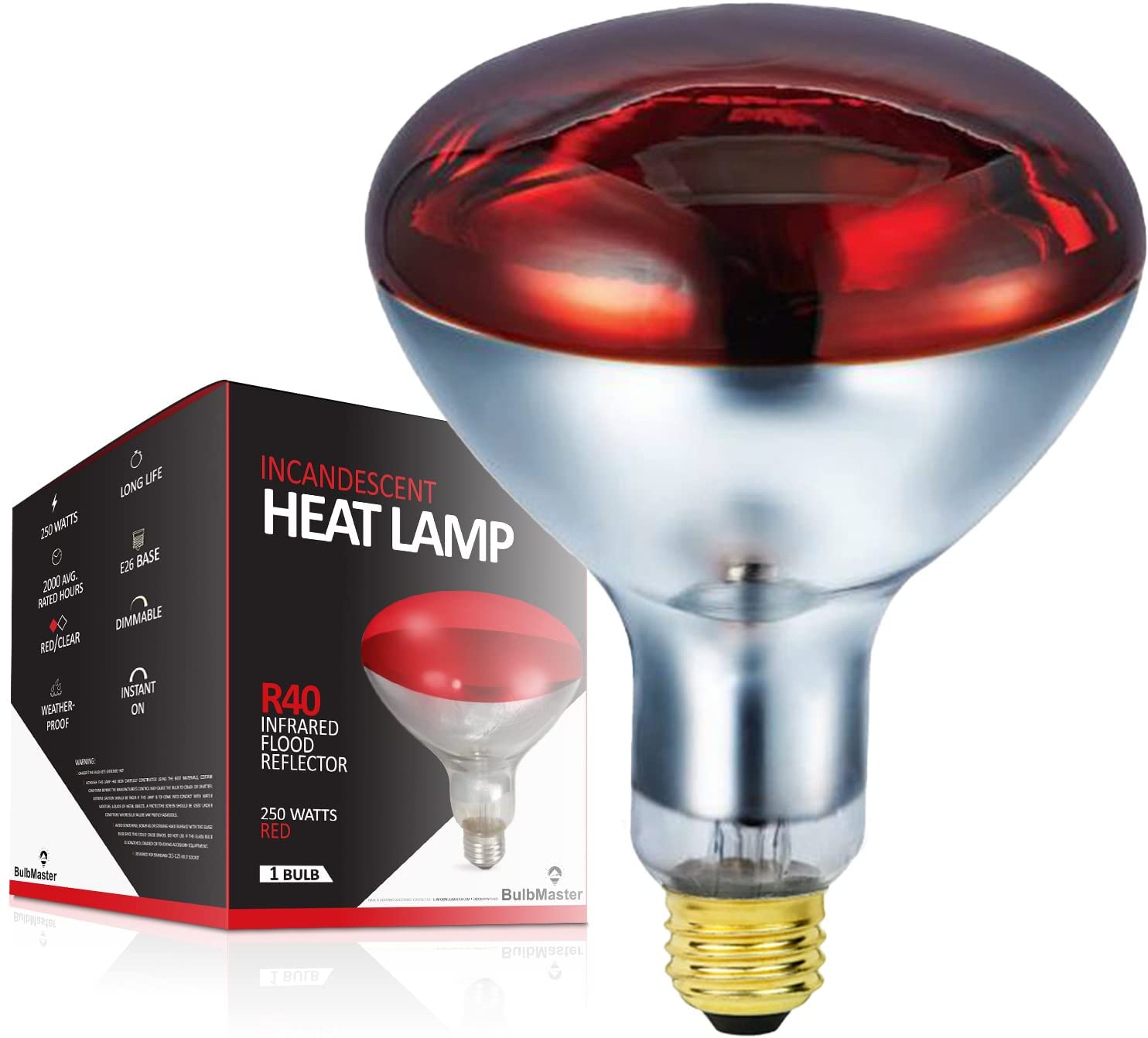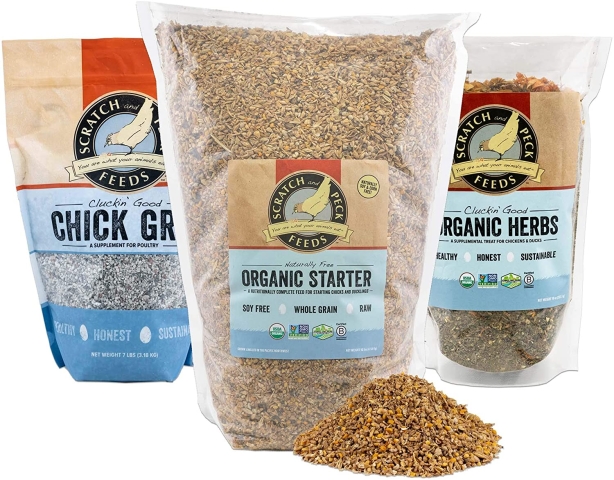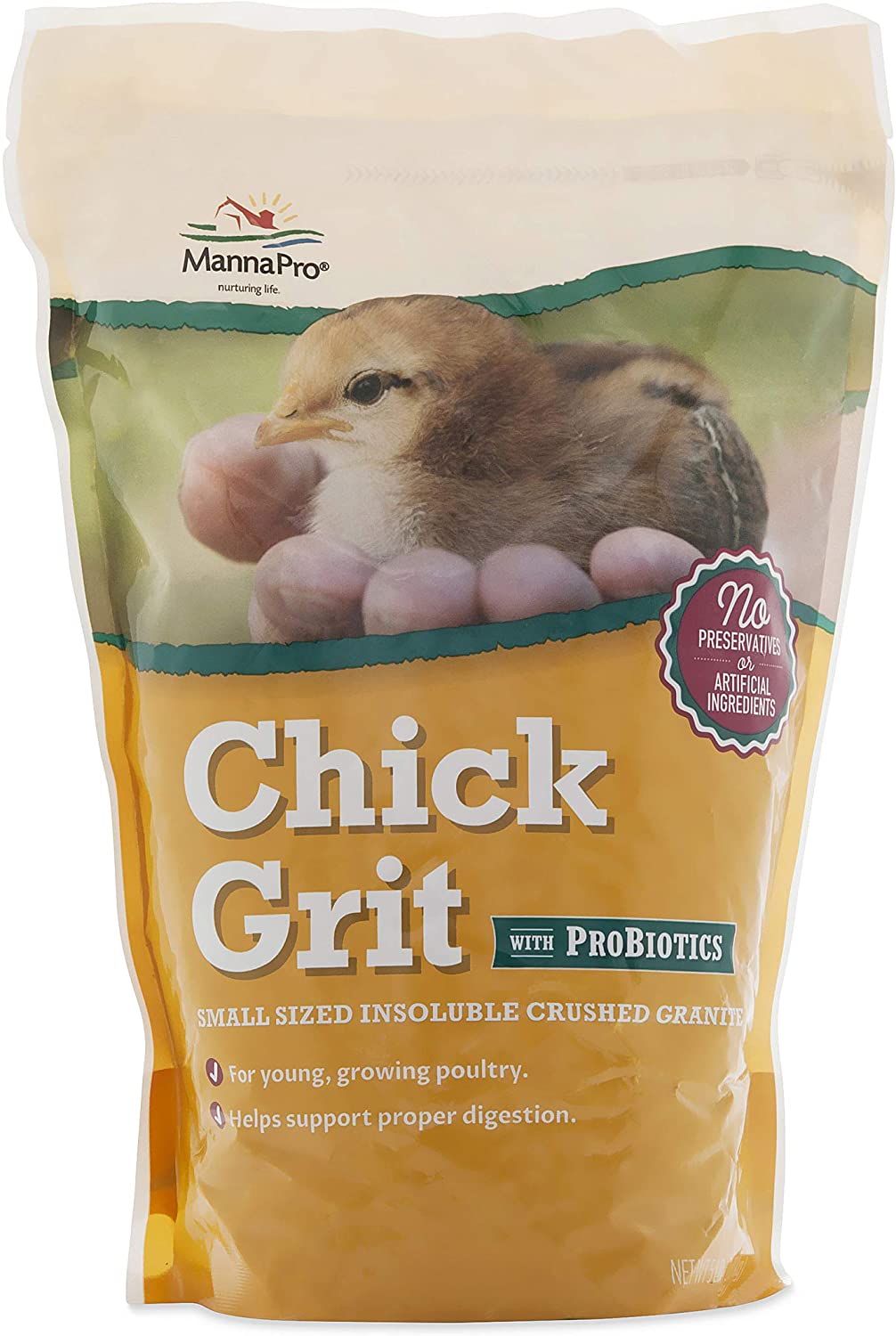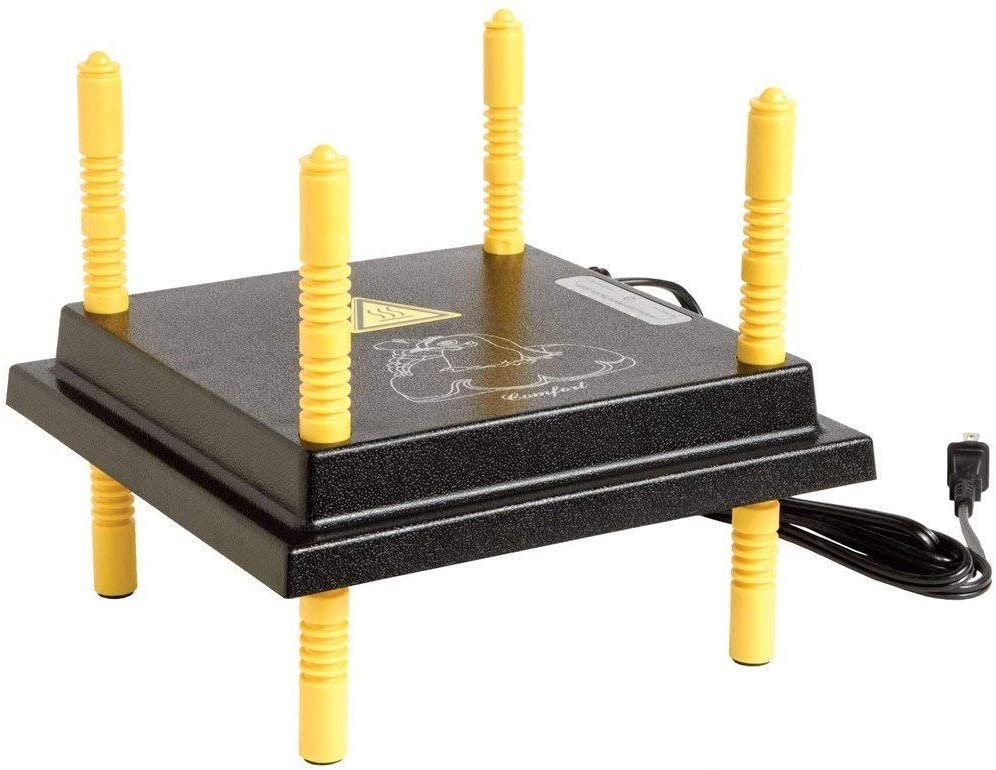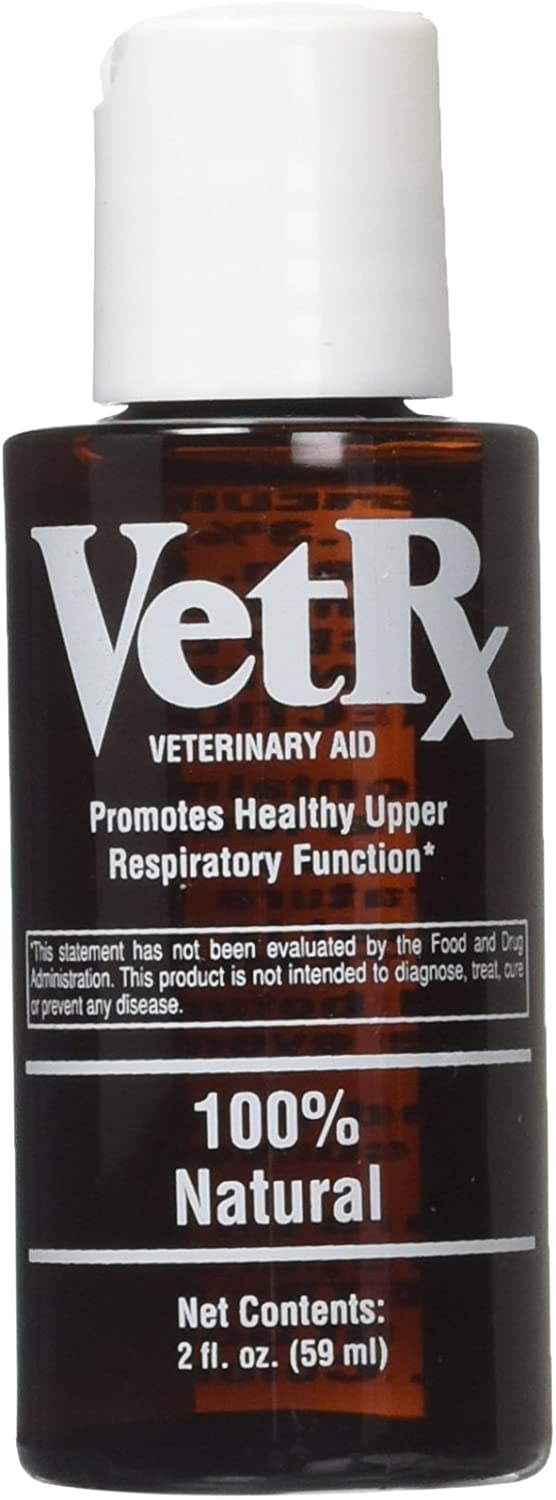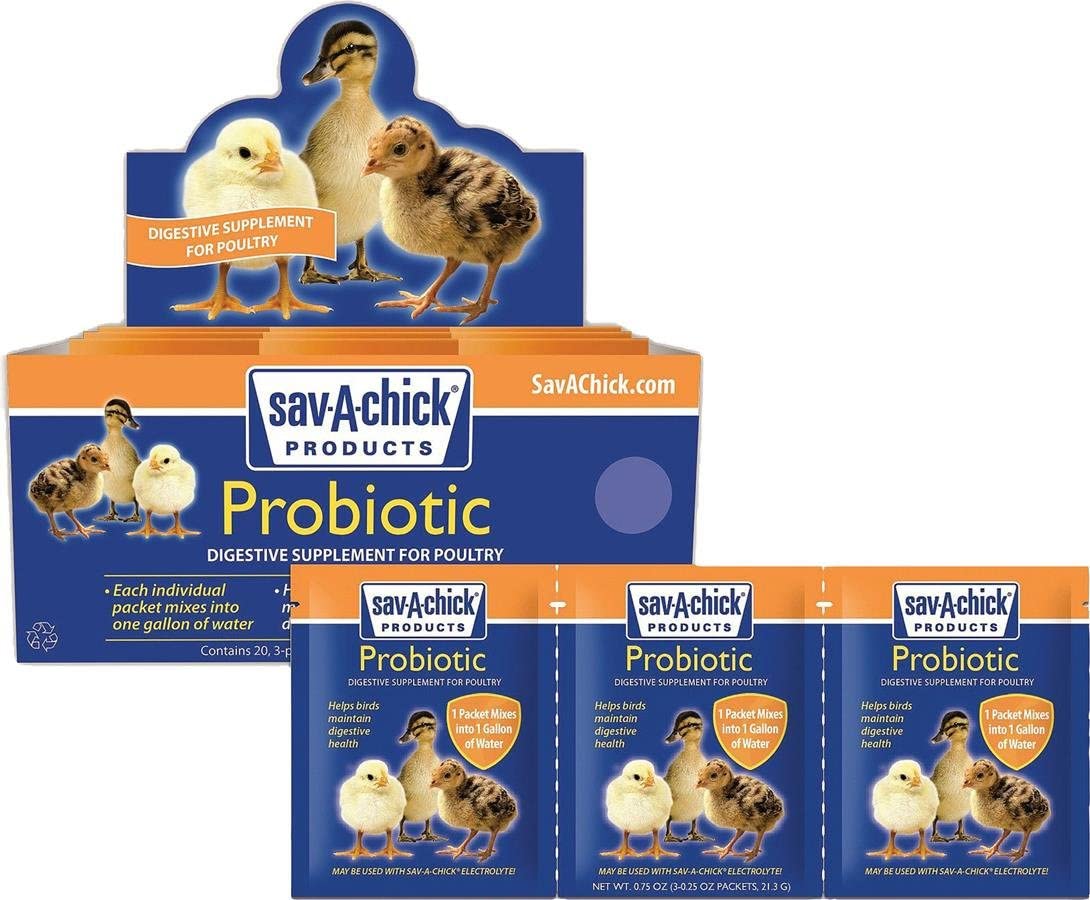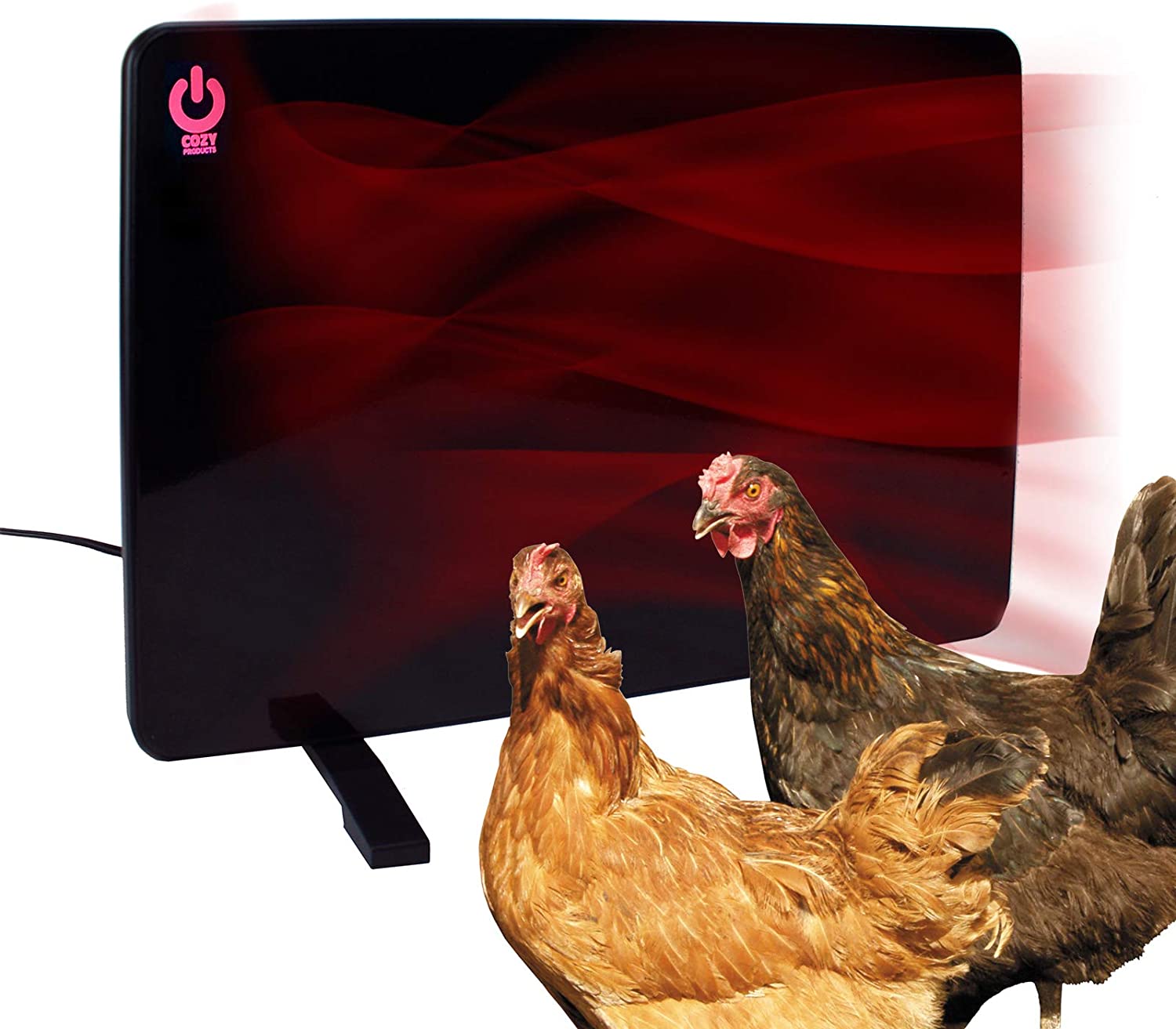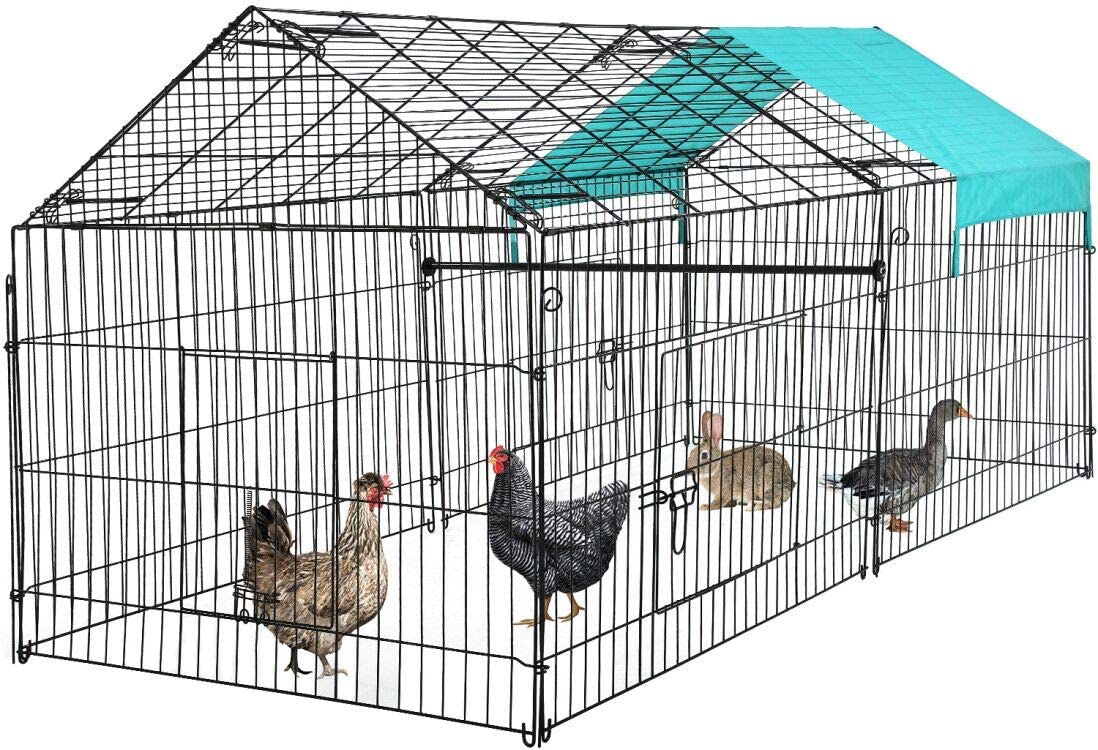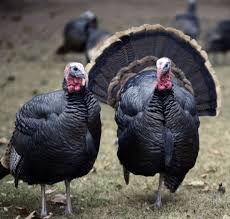 TURKEYS CAN be a fun addition to your poultry family on your sustainable farm They offer similar benefits that chickens offer. Turkey eggs are bigger than chicken and richer. It is said they are better in baked products and were eaten by American settlers for centuries, since the turkeys grow wild and their nests were easily found. It can be entertaining watching the Toms walk around all puffed up while the hen ignores them and never even looks up from her meal. Turkey manure is as useful as chicken manure, so maintaining a diverse poultry herd can be beneficial and a lot more fun than only keeping
TURKEYS CAN be a fun addition to your poultry family on your sustainable farm They offer similar benefits that chickens offer. Turkey eggs are bigger than chicken and richer. It is said they are better in baked products and were eaten by American settlers for centuries, since the turkeys grow wild and their nests were easily found. It can be entertaining watching the Toms walk around all puffed up while the hen ignores them and never even looks up from her meal. Turkey manure is as useful as chicken manure, so maintaining a diverse poultry herd can be beneficial and a lot more fun than only keeping
one species.
AS WITH CHICKENS, most people acquire turkeys while they are still very young poults. It has been my experience that young turkeys seem to be more prone to respiratory infections than chickens, so we used Terramycin 343 soluble powder. VetRX also works pretty well for some respiratory infections. The link to VetRX is below. Many of the products necessary for caring for young poults are low cost and readily available. See below for the products we recommend for your new Turkeys.
NOTE: One product, shown below is a heat lamp. This is a very inexpensive method for providing heat for most types of poultry. When using a heat lamp, the brooder (shown below) could be optional. To achieve best results using heat lamps for heat, the general rule of thumb is as follows:: if the poults are huddled tightly together under the lamp, the lamp may be hung to high. If the poults are laying away from the lamp and away from each other, the lamp may be hung to low. In a larger enclosure, the brooder should be located as far from the heat lamp as possible. The poults can then get under the brooder if they are cold, but will be able to roam freely about the enclosure if the heat lamp is efficiently heating the enclosure. A coop heater may also be a safer alternative to the heat lamp.
ONCE THE poults are about 6 weeks old, when the outside temperature remains steadily above 65 degrees, they can be transitioned from the brood area to a coop. Be aware that poultry in general are horrible bullies, so do not place them with the older turkeys until they are fully feathered and at least 12 weeks old. You can use a chicken tractor to move poults around in your yard until they're old enough to free range on their own. We like to make sure our poultry has a fighting chance against the hawks before we freerange them. We generally do not freerange any of our poultry until they are 1 year old. Our Great Pyrenees works great for protecting our poultry, however he is only 1 dog, so there is still some risk from coyotes and hawks, We want our poultry to be as big as possible before they are outside. Do to their size however, turkeys do have slightly fewer predators than chickens and many less predators than quail. Coyotes will still decimate your turkeys, however there is less risk from hawks. Fox will likely wait for darkness to attack your turkeys, rather than doing it in the open like they do the chickens, so maintaining a secure nighttime enclosure for your turkeys will still be necessary, same as the chickens.
BELOW ARE some products you may find useful for protecting your poultry from predators. Note: when using chicken wire - it can be beneficial to double up the wire to discourage raccoons and other aggressive nighttime predators. We have had fairly solid success with the small square rabbit welded wire which does not stretch or tear as chicken wire so you may want to consider that as an alternative.
|
T-Post - 7 Ft |
WHEN THE Turkeys are mature, there will be some differences in the way they should be cared for versus other poultry types. Initially, animal husbandry will play a role in their care. Turkeys have the same territorial disputes as chickens. Mature male turkeys will fight so keeping the tom population to a minimum is ideal. Also, there is some concern with Tom Turkeys being aggressive towards humans. This can be caused by handling the tom turkeys too much while they are poults. Handling the hens does not seem to have any negative effects on their personalities, however handling the Toms, gives them the impression that you are part of their flock and they will treat you like one of their hens, once they are mature, and believe me, you dont want to be treated like a Turkey Hen :)





